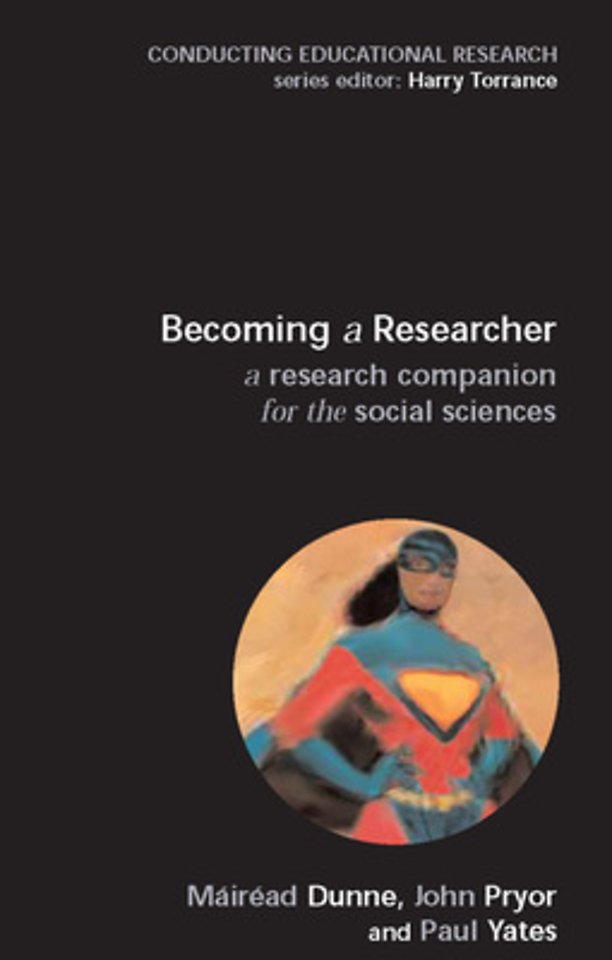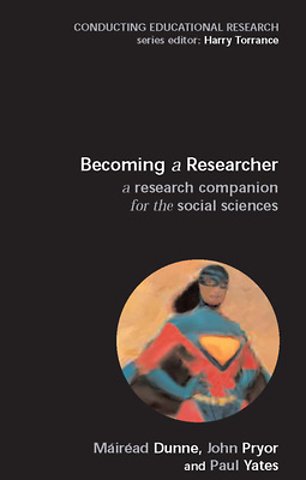Becoming a Researcher: A Research Companion for the Social Sciences
Samenvatting
This innovative book combines what most books separate: research as practical activity and research as intellectual engagement. It clarifies and makes explicit the methodological issues that underlie the journey from initial research idea to the finished report and beyond.
The text moves the researcher logically through the research process and provides insights into methodology through an in-depth discussion of methods. It presents the research process as an engagement with text. This theme moves through the construction of text in the form of data and the deconstruction of text in analysis. Finally the focus moves to the reconstruction of text through the re-presentation of the research in the report. Following through each of these stages in turn, the chapters consider either a practical issue or a group of methods and interrogate the associated methodological concerns. In addition, the book also addresses the rarely explored issues of the researcher as writer and researcher identity as core elements of the research process.
The book provides a range of insights and original perspectives. These successfully combine practical guidance with the invitation to consider the problematic nature of research as social practice. It is an ideal reference for those embarking on research for the first time and provides a new methodological agenda for established researchers.
Specificaties
Inhoudsopgave
Anderen die dit kochten, kochten ook
Net verschenen
Rubrieken
- aanbestedingsrecht
- aansprakelijkheids- en verzekeringsrecht
- accountancy
- algemeen juridisch
- arbeidsrecht
- bank- en effectenrecht
- bestuursrecht
- bouwrecht
- burgerlijk recht en procesrecht
- europees-internationaal recht
- fiscaal recht
- gezondheidsrecht
- insolventierecht
- intellectuele eigendom en ict-recht
- management
- mens en maatschappij
- milieu- en omgevingsrecht
- notarieel recht
- ondernemingsrecht
- pensioenrecht
- personen- en familierecht
- sociale zekerheidsrecht
- staatsrecht
- strafrecht en criminologie
- vastgoed- en huurrecht
- vreemdelingenrecht







